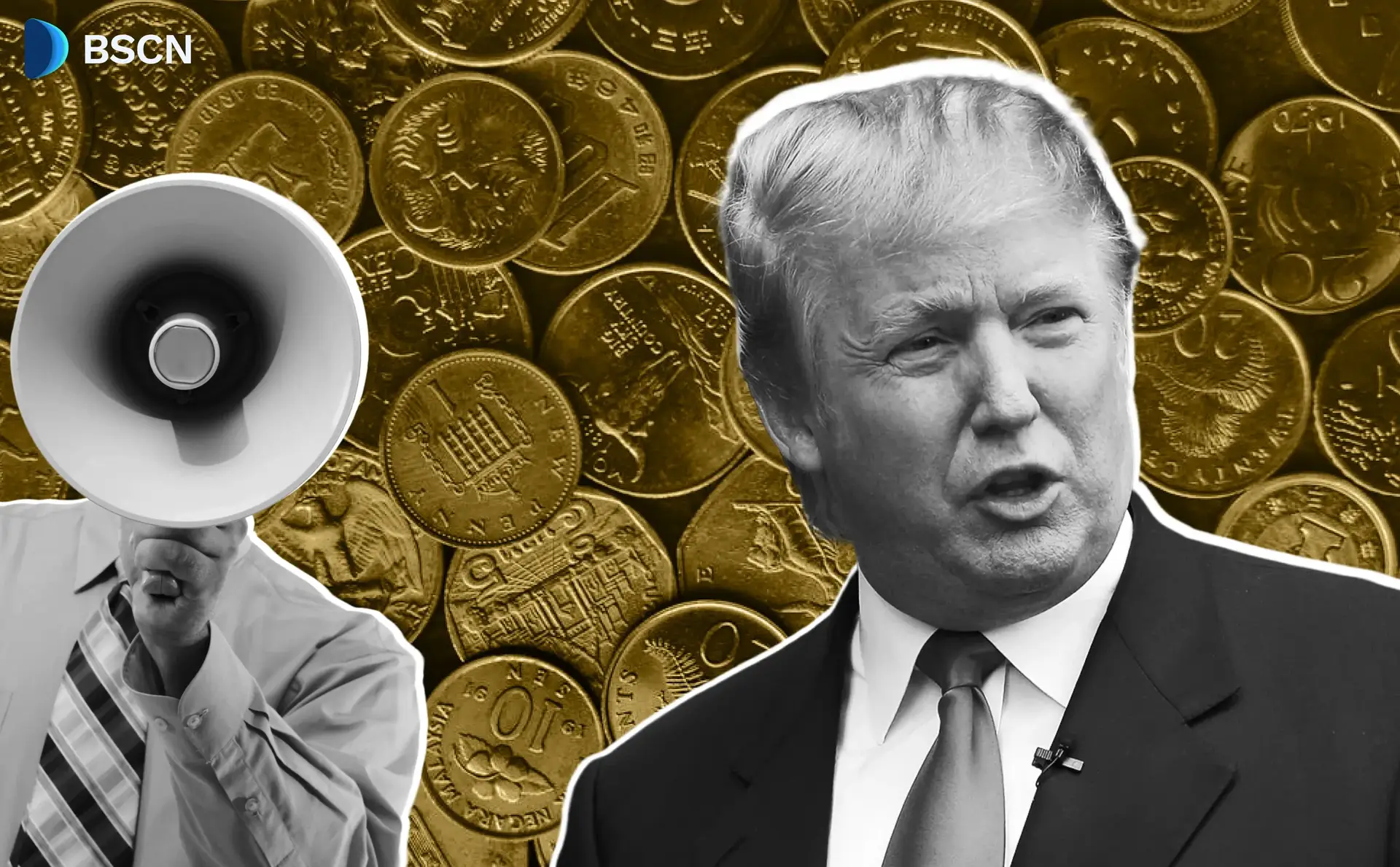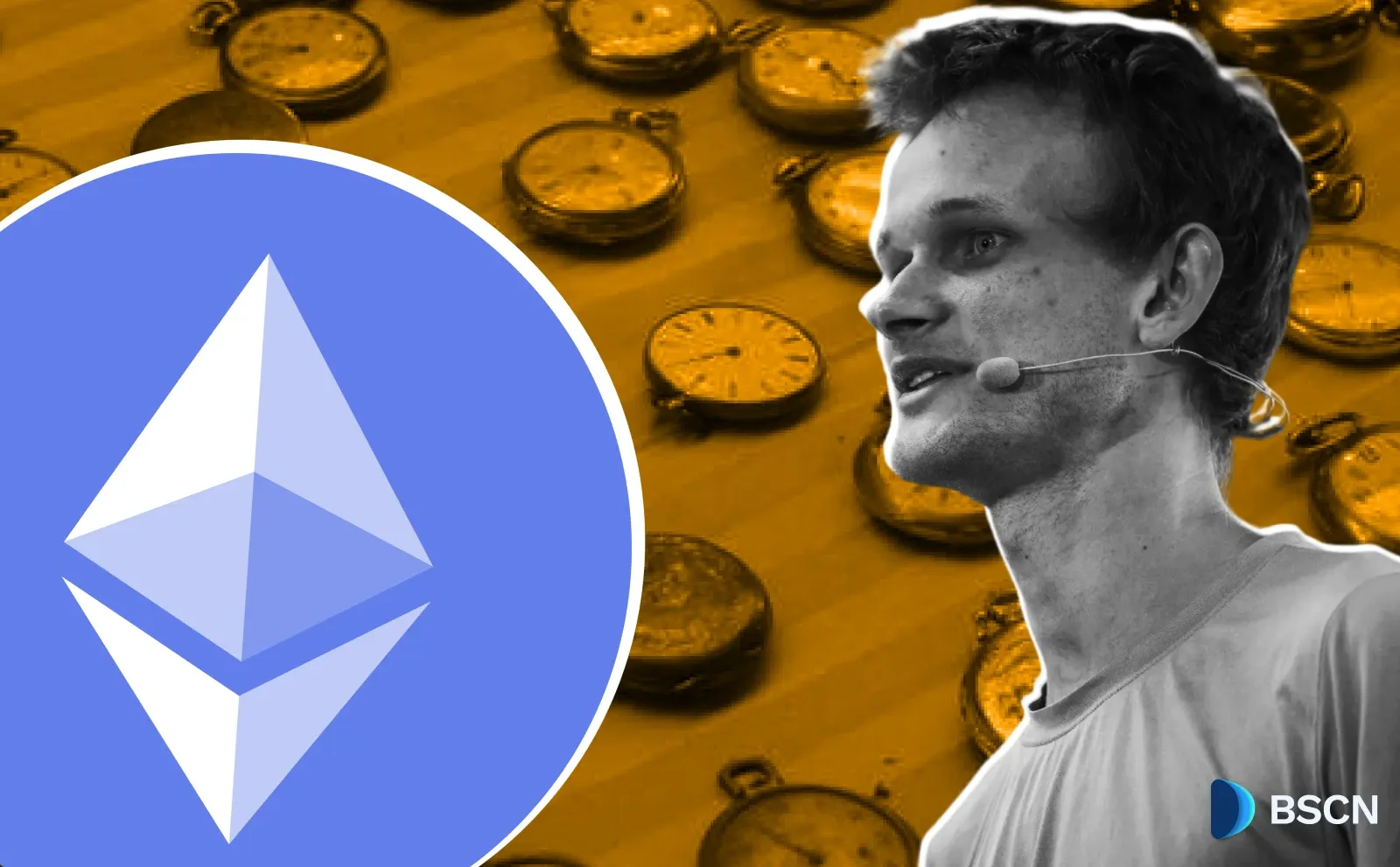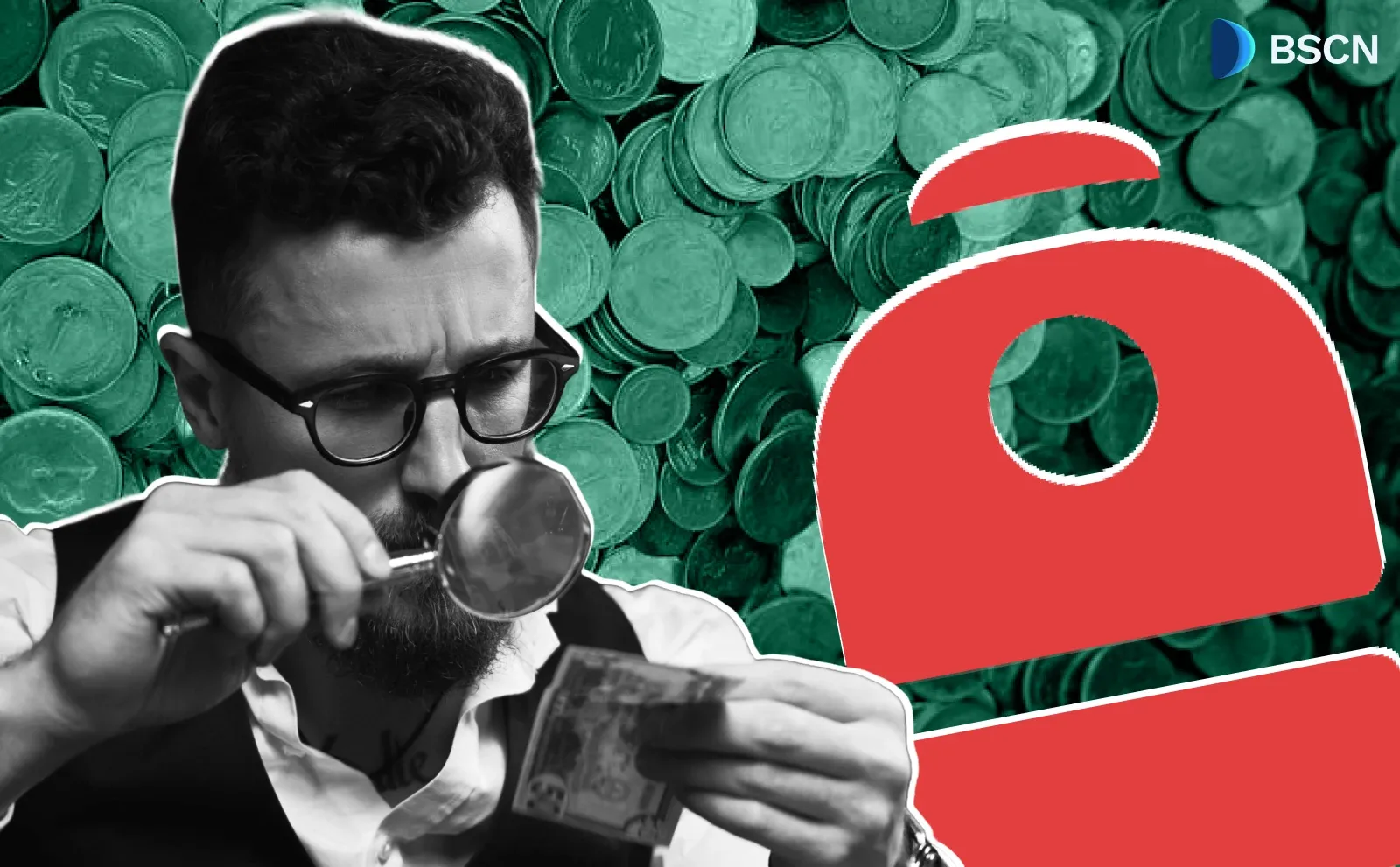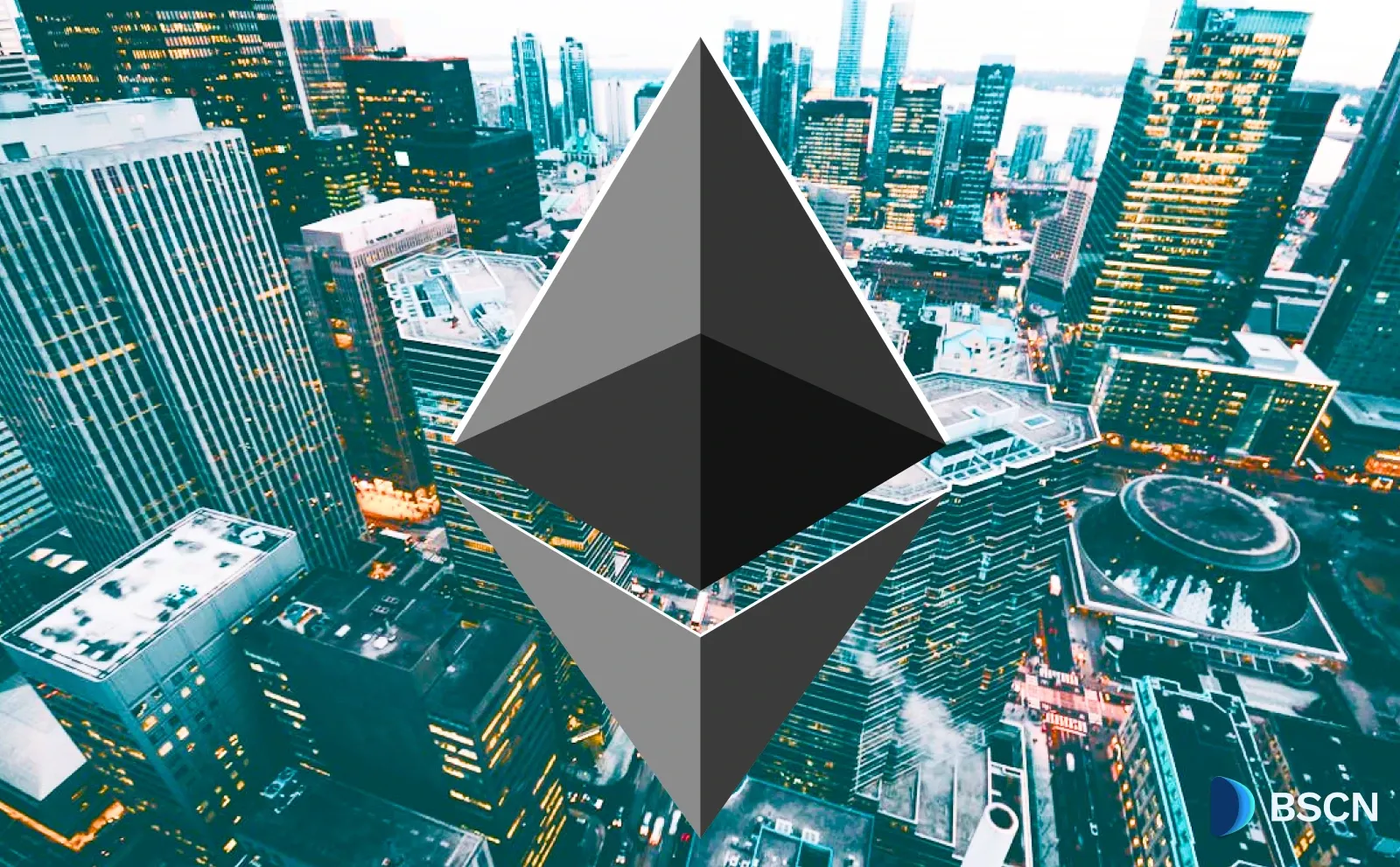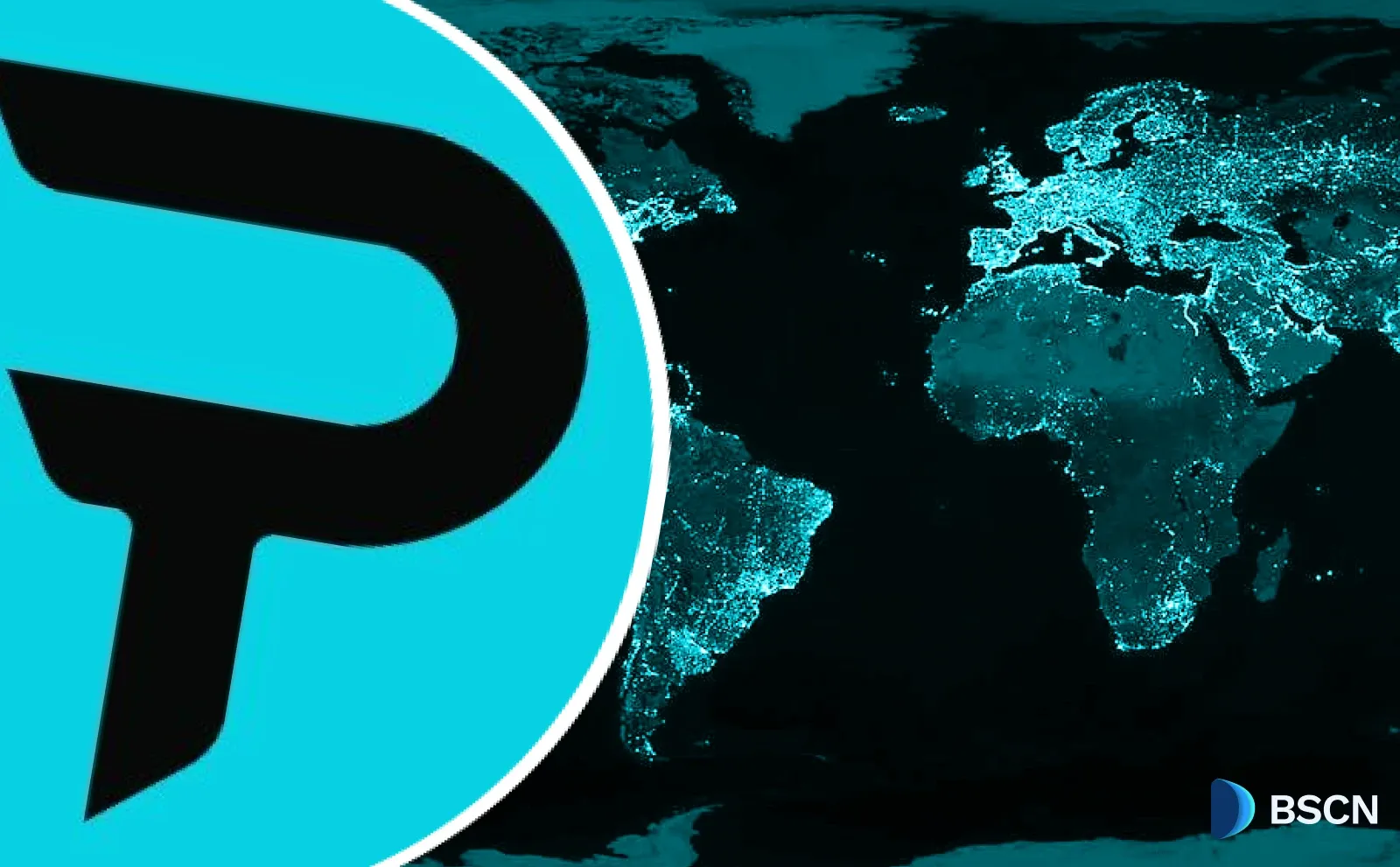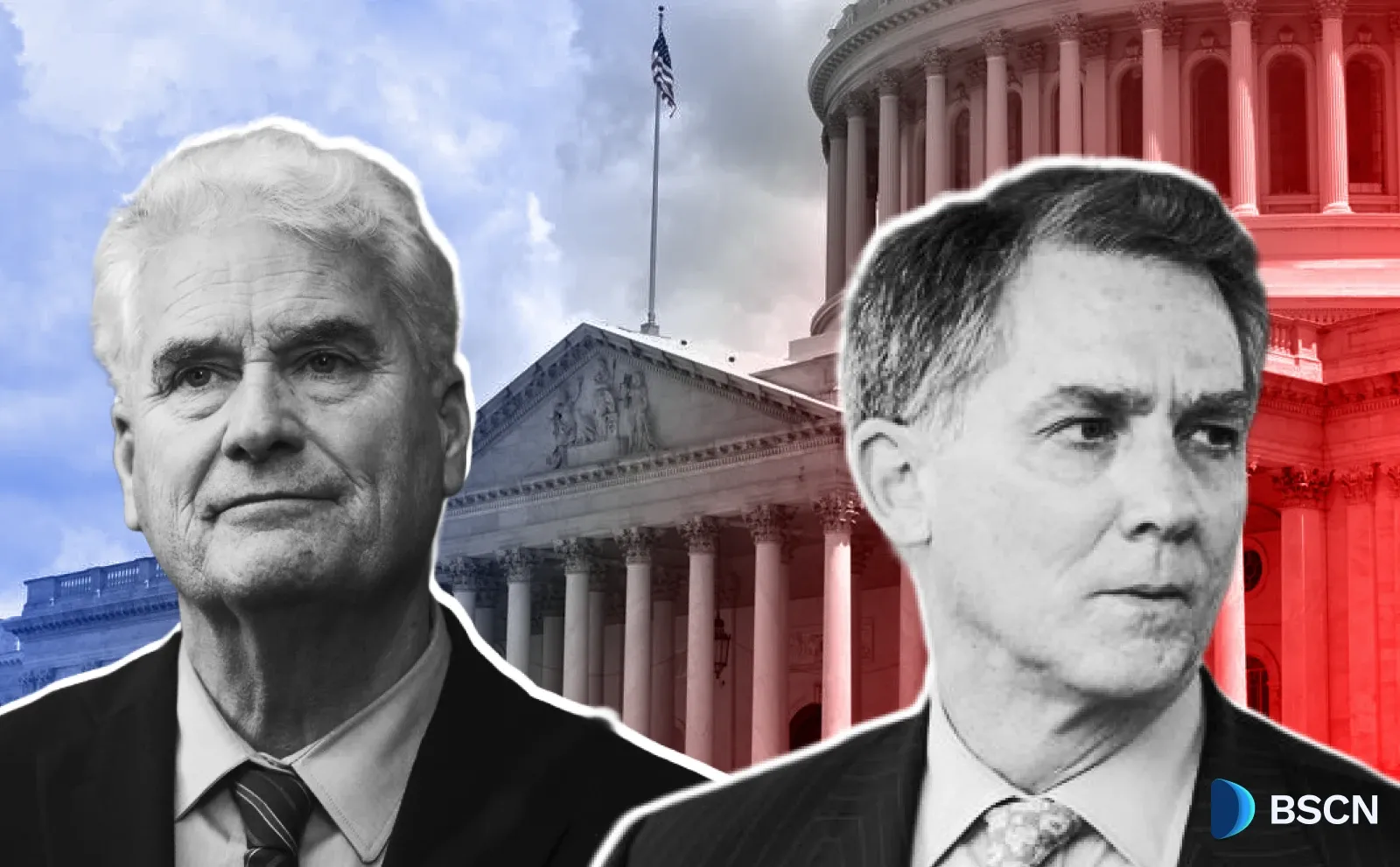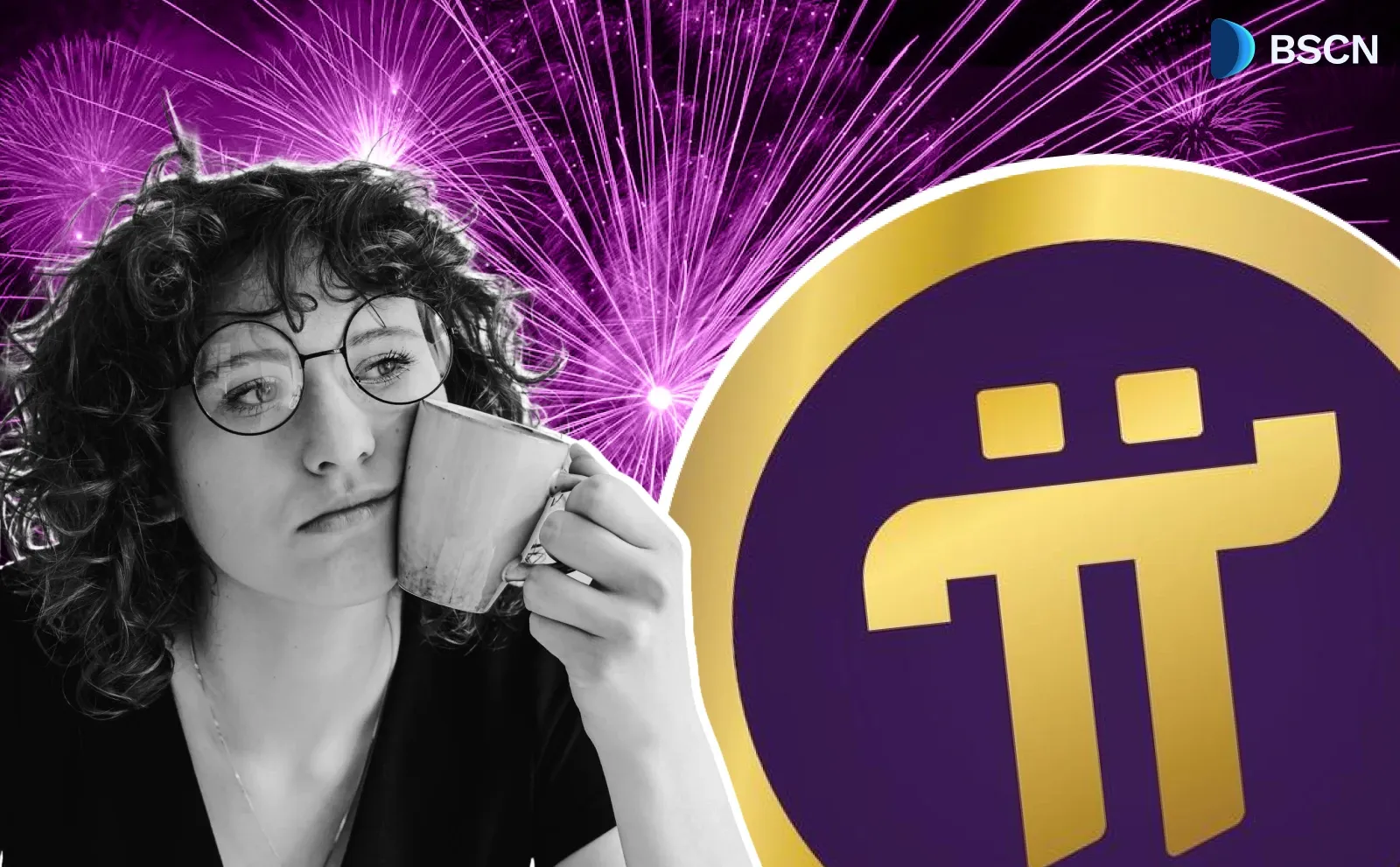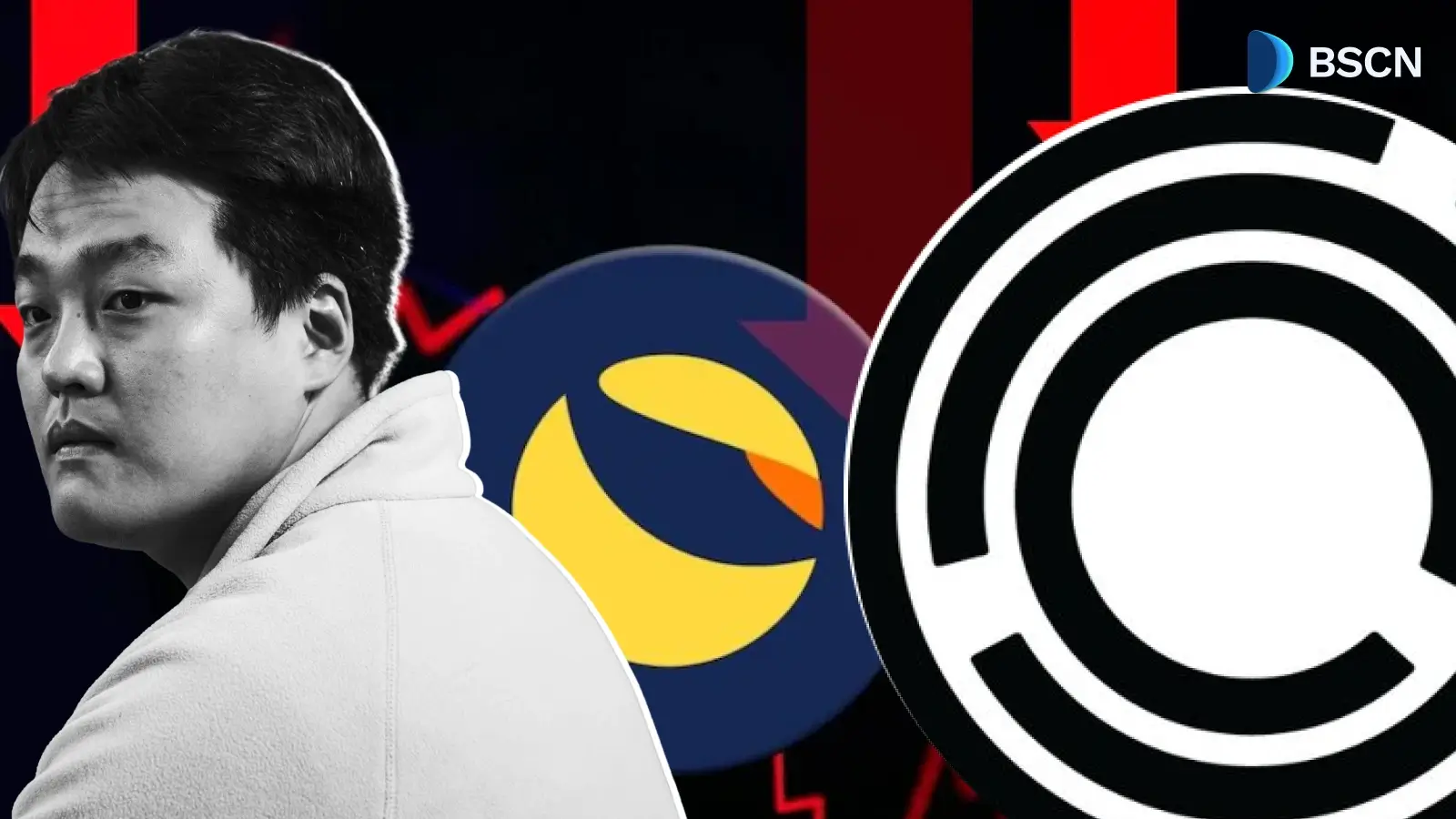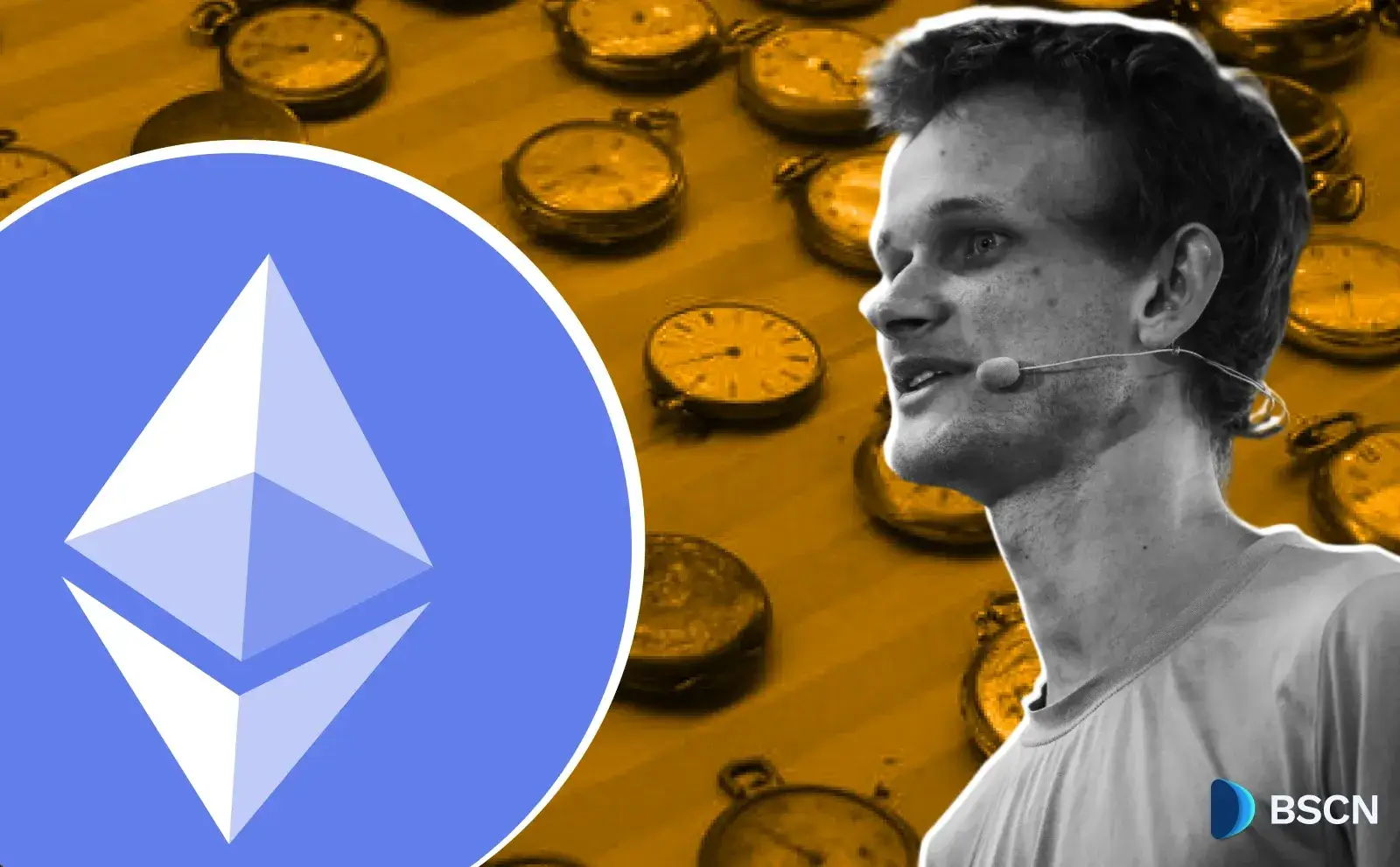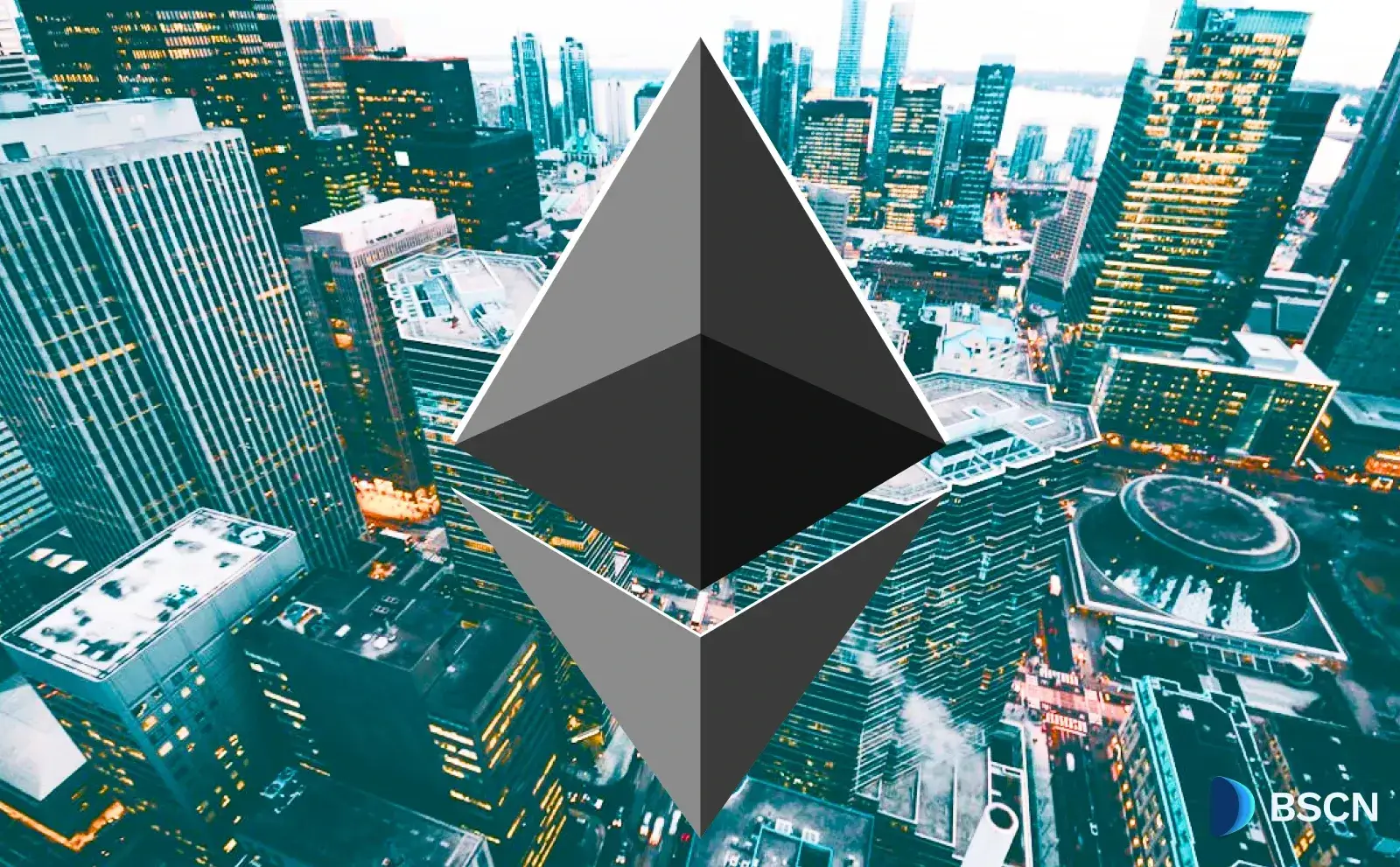US President Donald Trump Pardons Ross Ulbricht, Creator of Silk Road
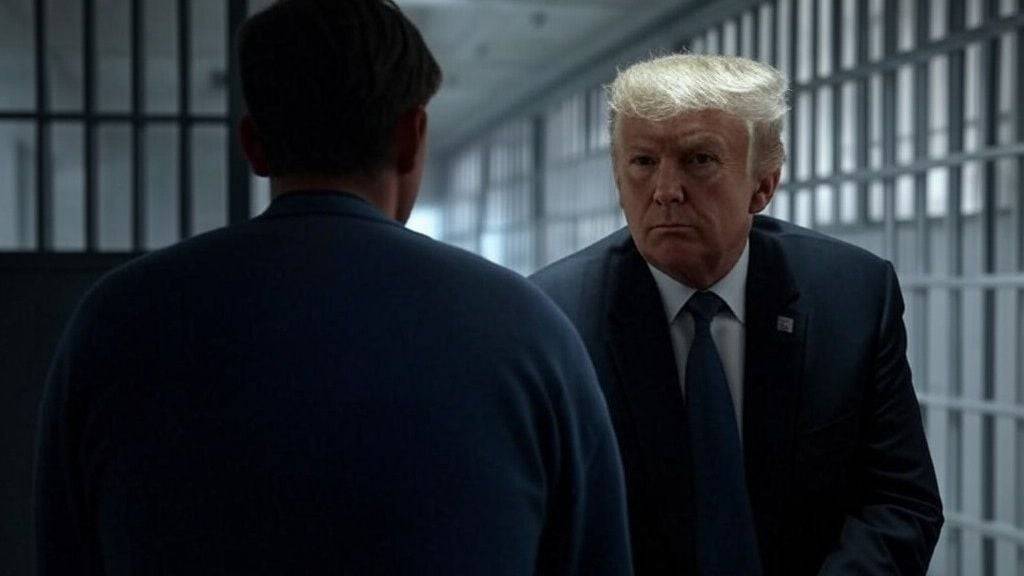
Ulbricht was sentenced to life in prison in 2015 for charges including drug trafficking, money laundering, and conspiracy to commit hacking.
Soumen Datta
January 22, 2025
Table of Contents
U.S. President Donald Trump granted a full and unconditional pardon to Ross Ulbricht, the man behind the notorious Silk Road dark web marketplace. Ulbricht, convicted in 2015 for his role in operating the platform, had been sentenced to life in prison.
"I just called the mother of Ross William Ulbricht to let her know that in honor of her and the Libertarian Movement, which supported me so strongly, it was my pleasure to have just signed a full and unconditional pardon of her son, Ross," Trump wrote on his Truth Social site
The announcement comes after years of public advocacy for his release, especially by libertarian activists who believed the case against him involved overreach by government authorities.
The Silk Road Legacy
Silk Road was an online marketplace that operated from 2011 to 2013, where users could anonymously buy and sell illicit goods, including drugs, weapons, and even hacking services.

The platform, which only accepted Bitcoin and other cryptocurrencies, became a symbol of the intersection of illegal activity and emerging technologies like blockchain. Silk Road’s use of the Tor network, designed to anonymize user identities, furthered its reputation as a hidden space for criminal enterprise.
Per reports, Ulbricht, using the alias "Dread Pirate Roberts," ran the operation with the goal of creating a free, anonymous marketplace. However, his creation soon drew the attention of law enforcement.
In 2013, the FBI arrested Ulbricht, and the Silk Road marketplace was shut down. At the time of his arrest, the site had nearly a million registered users, and authorities linked the platform to significant illegal activities.
Ulbricht's Conviction and Life Sentence
Ulbricht’s conviction included charges of drug trafficking, money laundering, and conspiracy to commit computer hacking. Prosecutors claimed that he had earned millions of dollars through Silk Road transactions, which contributed to his life sentence.
Additionally, there were allegations that Ulbricht had attempted to arrange murders to protect his business, though the murders were never definitively proven.
Despite the gravity of his conviction, there has been a long-standing debate about the fairness of Ulbricht’s sentence. Many libertarian activists argued that Ulbricht's actions were motivated by a desire to promote individual freedom and privacy, not to cause harm. These advocates, including members of the Libertarian Party, began pushing for his release shortly after his sentencing.
The Pardon Announcement
On January 20, 2025, President Trump took to his social media platform, Truth Social, to announce the pardon. In his post, Trump expressed his pleasure in granting the pardon, calling it a favor for both Ulbricht’s mother and the Libertarian movement. Trump also highlighted his belief that the people responsible for Ulbricht's conviction were part of the same group that had allegedly "weaponized" government power against him.
"The scum that worked to convict him were some of the same lunatics who were involved in the modern day weaponization of government against me," Trump said in his post online on Tuesday evening. "He was given two life sentences, plus 40 years. Ridiculous!"
Trump's actions mirror a previous promise he made during the Libertarian National Convention, where he stated that he would seek to assist Ulbricht. During the campaign, Trump had expressed sympathy for Ulbricht’s cause, seeing his case as a result of excessive government intervention.
Reaction from Libertarian Activists
The announcement has been met with applause from various corners of the libertarian community. Congressman Thomas Massie, a staunch Trump ally, praised the decision as a step toward correcting an injustice.
The Libertarian Party, which had long called for Ulbricht’s release, sees the pardon as a victory for privacy and individual rights. They contend that the prosecution’s case was excessively harsh and that Ulbricht's actions were consistent with his belief in free markets and personal freedoms.
However, the case is still divisive. Critics argue that the Silk Road created significant harm by facilitating the illegal drug trade and contributing to overdose deaths.
"Silk Road was the Amazon of drug sites," former FBI Special Agent Milan Patel said in an interview for the CBS News series "FBI Declassified. "We saw murder-for-hire postings, hacking-for-hire postings, which was, 'hey, pay me two bitcoin and I'll hack into your ex-wife or ex-husband's email account,…it was totally anonymous. And you could never trace it back to the person who asked for it."
Supporters, on the other hand, believe that the punishment was disproportionate to the offense, especially when considering the broader societal implications of privacy and the use of cryptocurrency for free exchange.
In his writings, Ulbricht often emphasized his desire to create a marketplace that allowed individuals to make choices freely without the interference of governments. He believed that economic freedom was essential to reducing coercion and aggression in society. His vision of the Silk Road, though controversial, was grounded in a libertarian philosophy that sought to empower individuals and protect their privacy.
Read Next...
Disclaimer
Disclaimer: The views expressed in this article do not necessarily represent the views of BSCN. The information provided in this article is for educational and entertainment purposes only and should not be construed as investment advice, or advice of any kind. BSCN assumes no responsibility for any investment decisions made based on the information provided in this article. If you believe that the article should be amended, please reach out to the BSCN team by emailing [email protected].
Author
 Soumen Datta
Soumen DattaSoumen has been a crypto researcher since 2020 and holds a master’s in Physics. His writing and research has been published by publications such as CryptoSlate and DailyCoin, as well as BSCN. His areas of focus include Bitcoin, DeFi, and high-potential altcoins like Ethereum, Solana, XRP, and Chainlink. He combines analytical depth with journalistic clarity to deliver insights for both newcomers and seasoned crypto readers.
Crypto Project & Token Reviews
Project & Token Reviews
Comprehensive reviews of crypto's most interesting projects and assets
Learn about the hottest projects & tokens




